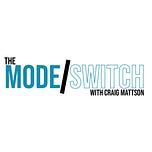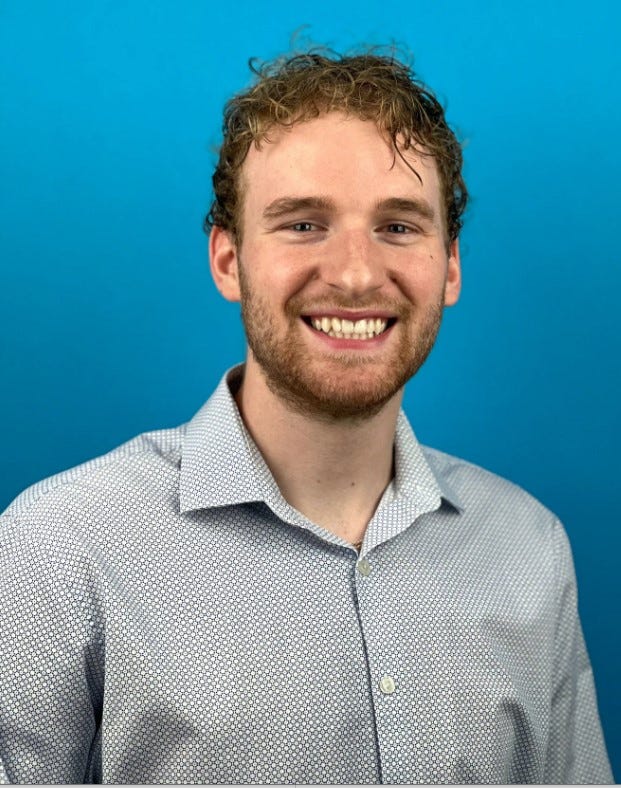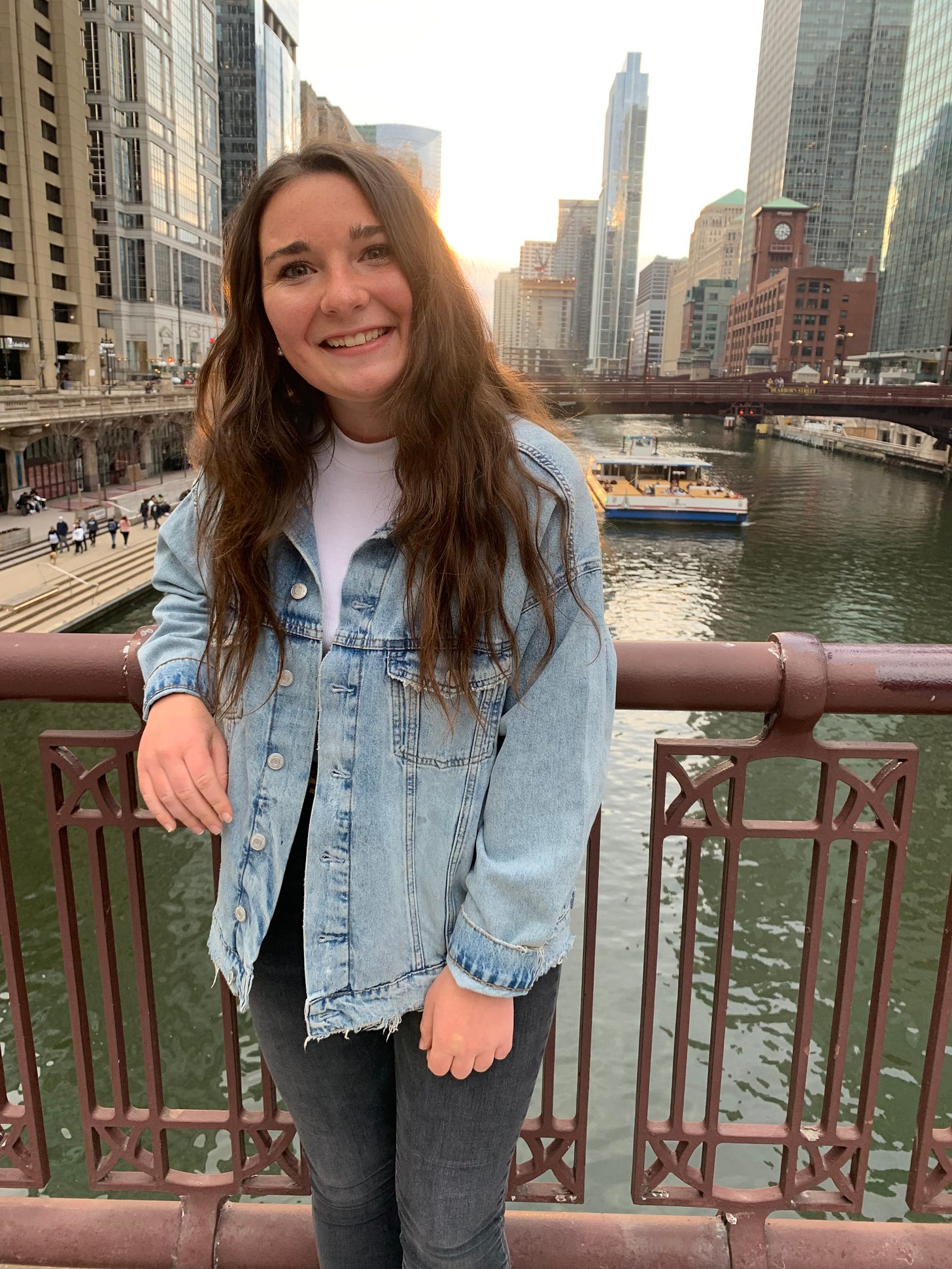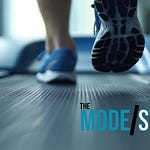Volume 1, Issue 18
Hello, amazing early-career professional people! Today’s issue turns from the me-to-many communication you usually get from the Mode/Switch and tries out some some-to-many conversation. I’m glad to welcome four Gen Z friends of mine, Cait Bergsma, Ava Kelly, Andrew King, and Joe Lemmenes. These undergraduate researchers took on some “commonsense” about digital media and professional life. Take a look or give a listen!
Joe: We've been working on research that has to do with certain taken-for-granted assumptions—for example, that social media is ruining people's brains.
Ava: I worked with the taken-for-granted that digital technology relies on screen-based media that essentially diminishes users’ ability to think clearly about life or relate well to others.
As young professionals, we’re just entering the workforce, or been in it for a few years. We know that we cannot escape the digital age. So, in order to use digital media to our professional careers, we need to find a way to balance our usage and create healthy habits.
Andrew: I focused on long-distance relationships, whether friendships or romantic relationships. One study interviewed couples and the average distance between the couples was 1700 miles and average of 3 years together. All of them were saying, without social media, they don't know [where they'd be right now].
Joe: Yeah, so, we're not here just to totally bash on social media.
Cait: I looked at a lot of how social media is an addiction. How do we look at social media without being addicted? There’s a study by Joseph Cooler that talks about how between 2005 and 2019, social media jumped from 5% to over 71% of adults using it. That just goes to show how prominent it’s grown in our life and how much people need it nowadays.
Joe: I looked at the mental health aspect--I found that 97% of teenagers use social media, and I know that translates to adults as well. Nearly 10% of all people in America are addicted to social media. If you want to know the actual numbers, that's 32,950,000 people.
Cait: That’s insane.
Joe: We wanted to talk about how to like, build better habits, and one of the habits that I found was the screen-time aspect. If you have an iPhone, I know this works. Don’t know if anyone here has an Android,
Andrew: Absolutely not.
Joe: You can put parameters on the apps you're using. I know people can get sucked into using Instagram, using Facebook the entire day. Some people can get up to like 10 hours of usage on their phone. Limiting that, I think, would lead to a happier life.
Ava: Yeah, and I think using social media to reach coworkers across the globe helps us create a strong and collaborative work environment. And at the end of the day, social media is all about opening up to one another.
Cait: I looked at an article that interviewed college students and early business professionals. They said they were users of social media, and they quit and their well-being went up. But their connection with the world went down. They were like, OK, I do need social media in my life. I do need technology. But how do I make balance out of that? And so, then they talked about how like they slowly--like how you were talking, Joe--how they brought down their hours.
Another thing that I looked at was how social media can be destructive. One study through Harvard University looked at social media as a drug that affects our brains the way that an addictive substance can. So, we reward ourselves and our brains with social media.
Andrew: Are you saying that they minimize their use by using it at the end of the day--kind of like they have to earn it throughout the day?
Cait: Basically. You know how when we're working out like we reward ourselves with chocolate? They rewarded their brains with social media.
Joe: Instead of, Oh, I'm in the middle of a project—let’s check Facebook, they used it as, Oh I got my project done. Now I can reward myself with a little bit of time.
Cait: Exactly. Yeah.
Andrew: I've experienced that before, and it does help your wellbeing.
Ava: Yeah, my phone is a huge distraction when I'm doing a project or something and it dings. And I'm like, Oh, I have to check it. But I think, by creating healthy habits and setting it aside, like you said, Cait, and using it after your project, I feel like you'd be more productive.
Joe: I've noticed that when I've stopped using Instagram or Facebook or Twitter as regularly as I had been, I'm a lot happier. I'm not constantly caring about what other people are doing and putting myself and putting what I'm doing against what other people are doing. Because when people are putting things on Instagram, they're putting their best self out there for sure. You compare yourself against your worst self.
This week I get to give thanks not only to you for engaging this issue of the Mode/Switch, but also to my friends, Cait Bergsma, Joe Lemmenes, Ava Kelly, and Andrew King who conducted the research and hosted the conversation.
So, what do you think: do social media function addictively in your life? Or do you suspect that calling it an addiction places too much blame on the individual users and not enough on the corporate designers of these platforms? If you’re an early-career professional, what media habits do you want to cultivate after listening to this conversation? - Craig
















Share this post